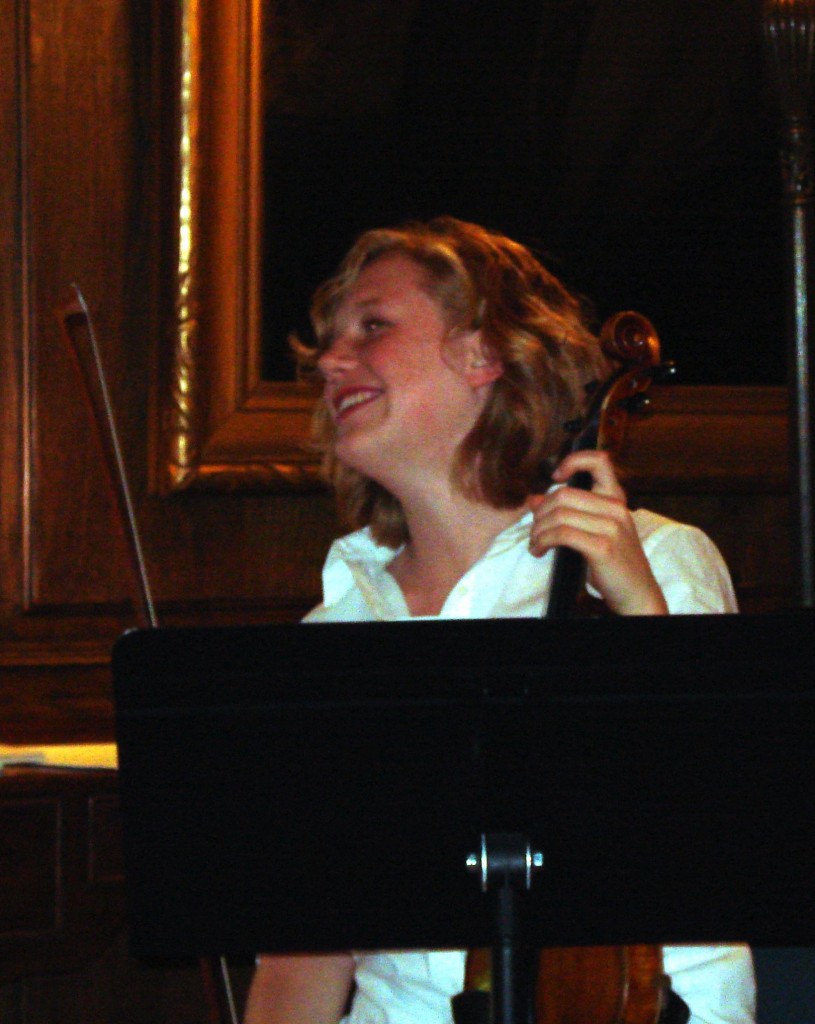Types of Master Classes Offered
General Chamber Music Master Class: covers all periods of chamber music and all genres, from solo works to sonatas to larger ensembles. Historical Performance Practices: in depth exploration of the performance of Baroque and Classical music. Baroque & Beyond: Covers all periods from Baroque to Contemporary, with emphasis on how Baroque and Classical techniques evolved throughout the 19th and 20th centuries to the modern day.A Master Class is an open lesson or coaching session – a halfway house, as it were, between a private lesson or a coaching session and a public performance. In it one person or an ensemble plays and is coached while other musicians observe – and they, in turn will be coached while their colleagues listen. This offers the opportunity to view both musical and technical considerations from two distinctly different perspectives.
In a Master Class it is generally assumed that the works to be performed have been well rehearsed beforehand, thus enabling the coach to work with musical and technical considerations after they have been well thought out by the performers. Also, in Master Classes auditors (people who come to listen, but not to play) are usually welcome. Many enjoy the musical and learning experience.
Master Classes provide a well-rounded musical and learning experience
Master Classes offer different perspectives.
The suggestions on technique and the musical insights the coach provides are perceived differently when one is in the spotlight, trying to produce the results the coach is suggesting, as opposed to when one is sitting back and watching others cope with similar challenges.
Master Classes broaden the understanding of technique and musical interpretation.
By watching and listening to others, performers can gain a greater breadth of knowledge and understanding. In essence, a Master Class expands their horizons on musical interpretation, and the technical means needed to achieve it, beyond the borders of their own technique and repertoire experience.
Master Classes expand the knowledge of other repertoire.
Frequently in a Master Class performers will hear works they have not had an opportunity to perform or, perhaps, have not heard before. Even hearing works which one has performed in the past can provide new insights and inspiration.
It is recommended that participants planning to play sonatas and larger ensemble works come with their own pre-formed ensemble. However, since this is not always possible, participants may join up with others in the class to form an ad hoc ensemble.
